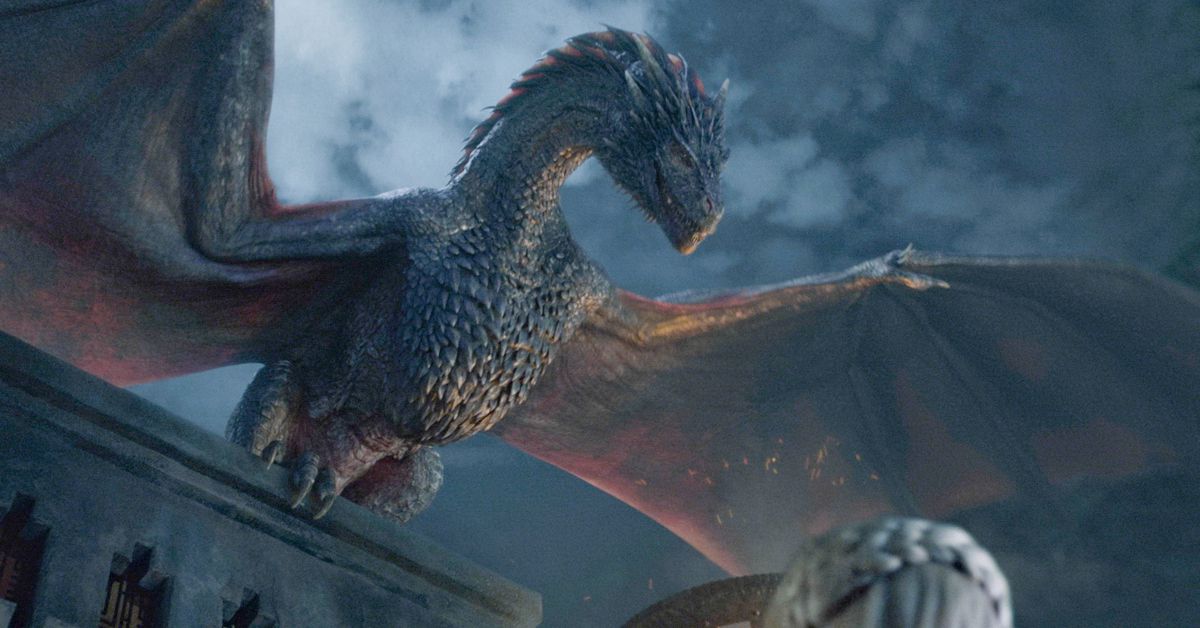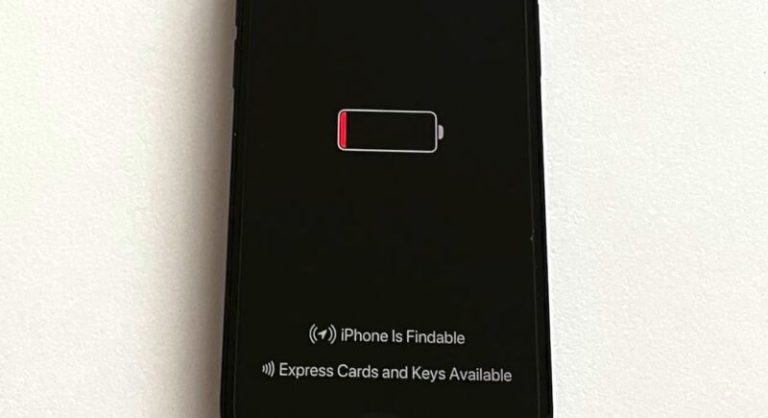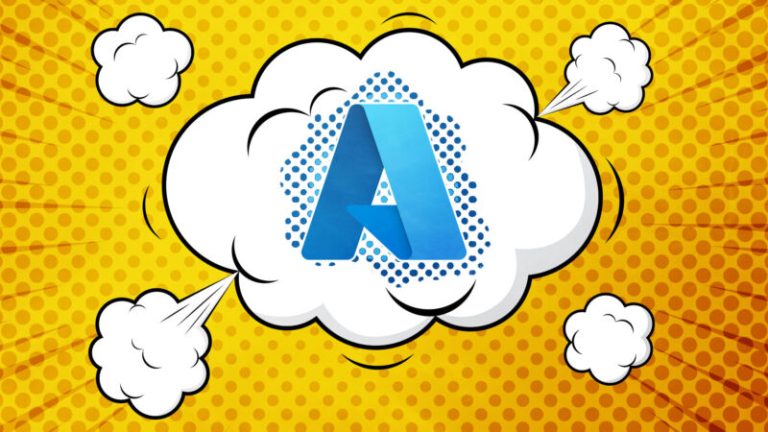
“The goal is to become HBO faster than HBO can become us.”
That’s Netflix executive Ted Sarandos in 2013, shortly before his company made its jump into original content with House of Cards. And not just original content — glossy big-budget content made by a famous director, featuring (at the time) a famous actor. HBO-style content.
Even if you don’t follow the media business closely, you probably know what happened after that: With House of Cards, Netflix proved, quite quickly, that it could make shows as good as the stuff the fabled pay TV network makes. And then Netflix started making a lot more stuff, and consumers liked that, too. And now Netflix is the company that every other media company wants to emulate — and it’s the chief reason every big media company is trying to decide whether it needs to buy or sell to every other big media company.
But it didn’t have to go that way. In 2005, two years before Netflix got into the streaming business, some HBO executives were pushing the company to do the same thing. They wanted HBO to use the internet to sell subscriptions directly to consumers instead of wholesaling their product to the big cable TV distributors.
A year later, after passing on that idea, HBO considered another move that would have rewritten media history: Some of its executives wanted HBO to buy Netflix, which at the time was a DVD rent-by-mail business worth around $1 billion.
Netflix is now worth some $300 billion. And HBO, which didn’t start selling its own Netflix-like service until 2015, is under pressure to keep up with not only Netflix but a host of streaming competitors, like Disney+, Peacock, and Amazon Prime Video. Meanwhile, HBO’s parent company has changed three times in the last three years.
Both of those stories about HBO’s non-decisions, which I’ve never seen reported before, appear in Tinderbox: HBO’s Ruthless Pursuit of New Frontiers, a new oral history book by journalist James Andrew Miller, who has previously tackled big media institutions like ESPN and Saturday Night Live. The book is a 50-year tale that’s partly a behind-the-scenes look at game-changing shows made by HBO like Game of Thrones, and partly a behind-the-scenes history of HBO, which has plenty of GOT-like plot twists. I talked to Miller about all of it in this week’s Recode Media episode, which you can listen to at the bottom of this post or on the podcast platform of your choice.
But as eyebrow-raising as Miller’s stories are, you don’t want to overweight the alternative histories they can generate.
Even if HBO and Time Warner, its parent company in 2005, had decided to start selling HBO’s programming directly to consumers back then, it may not have been successful. At the time, most US homes still didn’t have broadband internet. More importantly, the cable TV industry HBO relied on for its distribution back then would have fought hard to make sure it didn’t get displaced.
And buying Netflix in 2006 wouldn’t have guaranteed that HBO would have ended up owning the company Netflix is today. If anything, once Netflix was part of a large entertainment conglomerate, it would certainly have made different decisions than it did when it was a small player trying to figure out how to compete with entertainment conglomerates.
Still, the stories Miller uncovers in his book are useful reminders that narratives we often hear about media history — or any history — are just that: narratives, which tend to get cleaned up and simplified, depending on who’s telling them.
In this case, HBO and Time Warner often get painted as lumbering Big Media Dinosaurs who got blindsided by the future. And the fact that former Time Warner CEO Jeff Bewkes went out of his way to talk down both Netflix and the rise of cable cord-cutting, when both were on the rise, helps strengthen the argument. But the fact that at least some HBO executives could see what was going to happen to their industry does complicate things: Should they get credit for their insight, even if they couldn’t act on it?
Speaking of Bewkes, who gets treated quite well in Miller’s book: He says that by 2014, he also understood what Netflix and the rest of the technology business were doing to his company, even if he wasn’t saying it publicly: “We would either have to acquire or merge with somebody to get what we needed to compete with the digital giants, or, failing that, sell Time Warner. … I told the board that longer term, Google, Facebook, Netflix, Amazon and maybe Apple are going to hollow out all the media companies.”
Bewkes even discussed combining his company with Apple, but in his telling, Apple wasn’t up for it: “I wish we’d been able to do that.”






